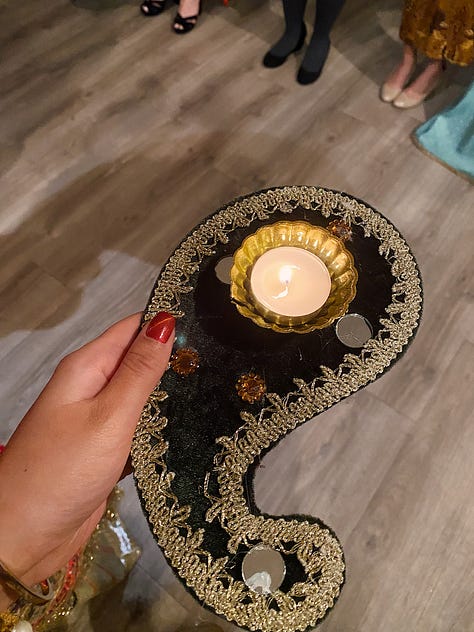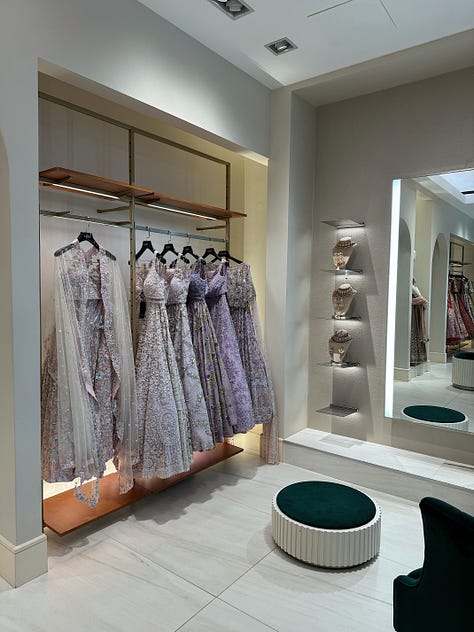I come from a culture where it is ridiculously difficult to be a girls’ girl. The whole premise of being a brown girl is the lifelong quest of finding an attractive rich man to make you whole. And when attractive or rich aren’t feasible, just any man will do. Your education levels, annual income, interpersonal intelligence, and accomplishments don’t mean anything if you’re not married. You are groomed to compete with other women for male validation.
It’s ironic because I and most other Pakistani-American girls were not allowed to date growing up. We had to hide our boyfriends and crushes with alternative contact names during our formative years. Most of us had no idea what it’s like to be romantically involved with anyone until undergrad. And then one day, you turn 25 and your parents and family friends start asking you when you’re getting married even though you’ve been barred from flirting with the opposite gender your whole life.
Your mid-to-late 20s in particular become a strange time if you’re unmarried. You have some friends in the same boat as you, but you also have friends who are too busy to hang out because they have a husband and a few kids. You see people younger than you getting married and divorced just a few months later and sigh in relief that you didn’t rush to lock it down with the wrong person. Even if you’re content with your life as it is, you face a larger external obstacle: people think you’re absolutely miserable.



Misogyny is so deeply ingrained in Asian cultures that there is no room for most people to critically think about the implications of rushing to get married and have children. There is no space for the consideration that most women are happier and healthier without a partner versus with a partner. No one believes you when you say, “I don’t care when I get married as long as it’s with the right person.” If you’re single, it’s assumed you were recently broken up with or don’t have any prospects lined up.
There is no reflection over the concept that some of us are voluntarily taking ourselves off the market because it’s lonelier to be lying in bed with the wrong person at night versus by ourselves.
It’s usually the unhappy single and married people who ruin the image of not being contractually bound to someone for society. Note how sad love songs and breakup content have a bigger audience than people (especially women) who post about practicing self-love. In fact, it’s almost a crime as a woman to talk about how much you love yourself. Other people quite often perceive this as arrogance, and you will often find haters riddling the comment sections of the influencers and content creators who post on this topic.
I remember having a fallout with some family friends several years ago (technically because I was annoyed and made a dumb subliminal post) over more than a decade of putting up with their questionable characters. They chose to verbally spar with me at the time by coming up with personal attacks targeting my looks and relationship status. “You’re just bitter because you don’t have a man,” they snarled through my Instagram DMs, clearly missing the whole point of why I no longer wanted them around in my life. It dawned upon me then how much women in our culture are trained to hate themselves and others, and how the only worth you have is through a male figure in your life.
I still feel to this day I am alone in these sentiments, feeling like my family and friends are politely agreeing with me so I can stop rambling about the topic. Even some cousins have shockingly asked me how I feel about younger relatives getting married before myself. It may take a whole another generation to challenge this way of thinking, but I felt obligated to incept this seed of thought. I had more faith in Gen Z than Millennials (being a younger Millennial myself) to question the patriarchy, but Gen Alpha may be the one to take on the job.





this post perfectly summarizes the desi marriage industrial complex!! i'm glad to only have found it now, after having written my own piece on the matter
this was interesting! Thanks for sharing